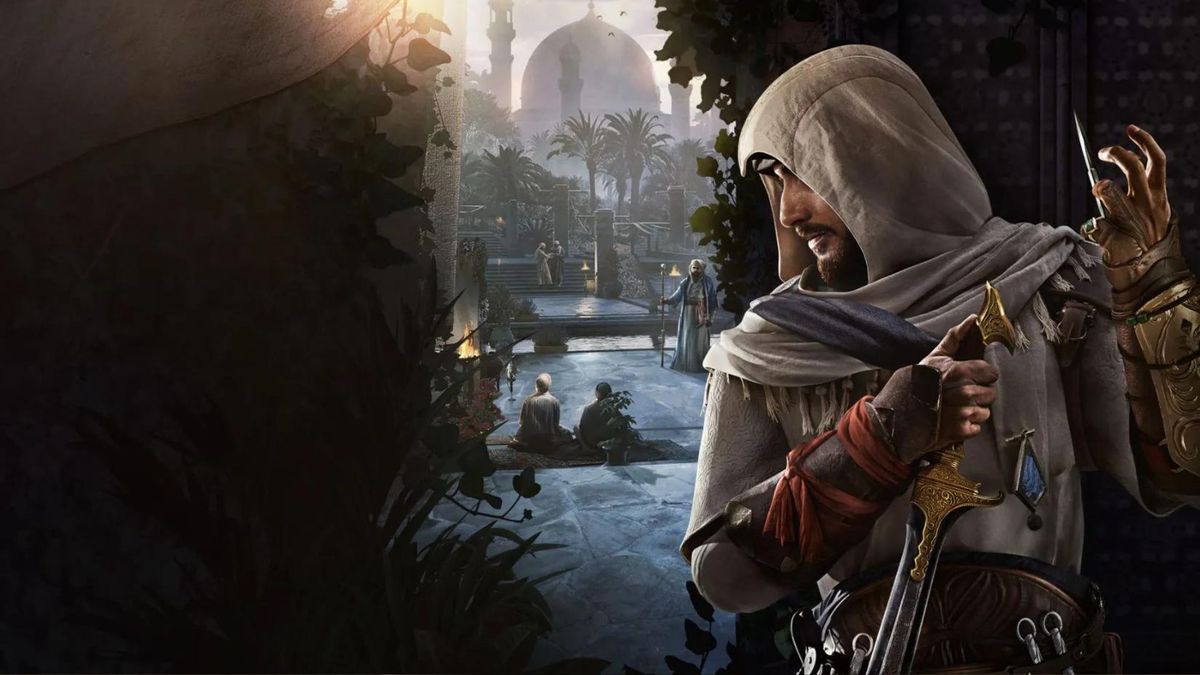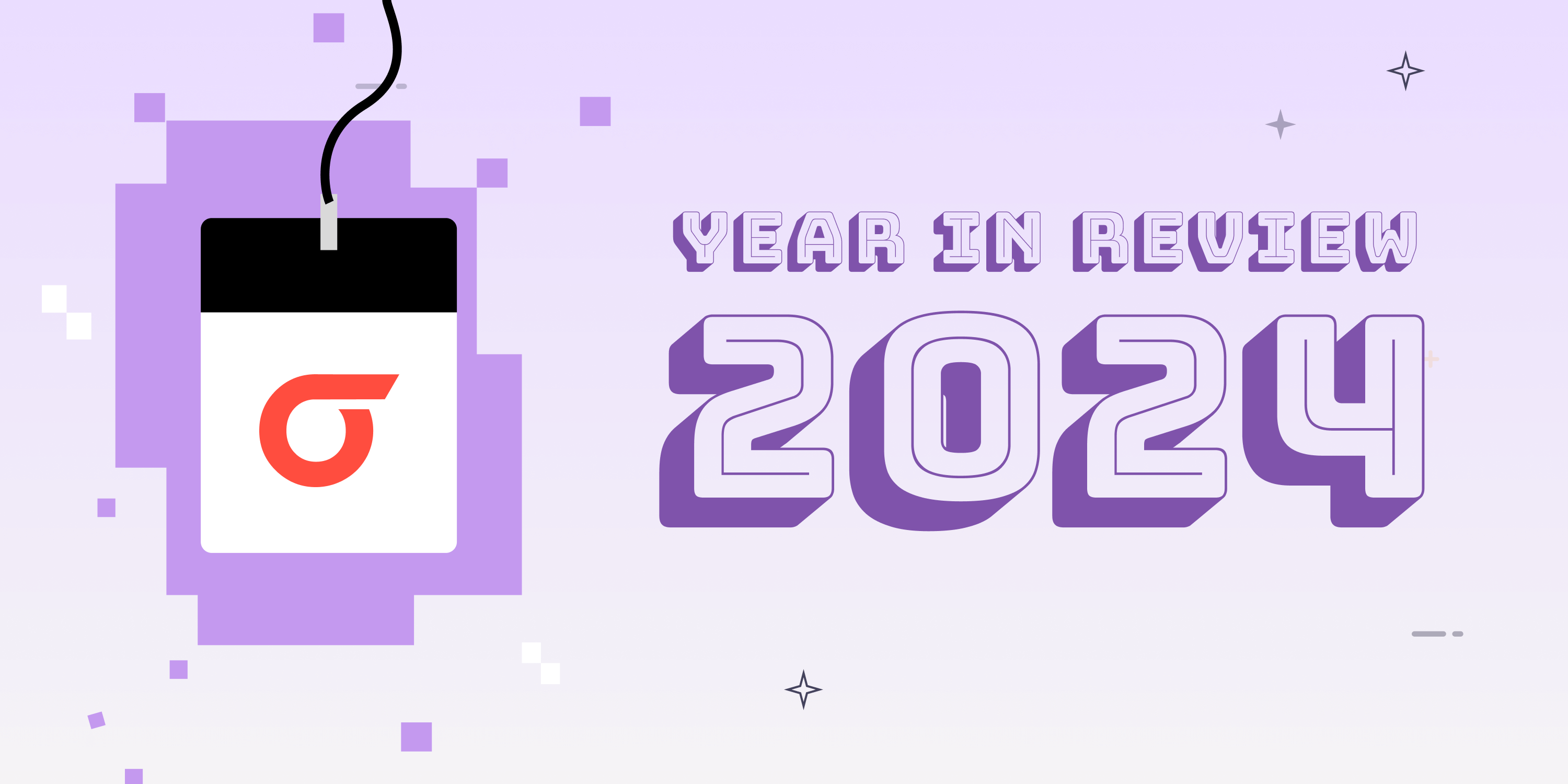They were heralded as a big reason to upgrade your iPhone, iPad, and Mac when revealed, but Apple’s recent push to have big triple-AAA gaming titles available on its mobile devices has got off to a shaky start.
Looking at figures collated by app analyst firms Appfigures and Appmagic, MobileGamer.biz reports disappointingly low download and revenue rates for major releases including Assassin’s Creed Mirage, Death Stranding, Resident Evil 4, and Resident Evil Village.
According to estimations based on Appfigures data (Apple itself rarely reveals download numbers for individual apps on the App Store), less than 3,000 people have paid the $49.99 to unlock the full Assassin’s Creed Mirage game on iPhone, from an estimated total of 123,000 downloads. That represents a mere $138k in revenue since launching at the start of this month, and a paltry 2.4 percent uptake.
It’s a similarly sorry story for $20 Death Stranding, a WWDC 2023 highlight, attracting an estimated 10,600 downloads. Resident Evil 4 has fared better with 710,000 downloads in the six months it’s been on iPhone, but revenue estimates suggest only 15,000 people have paid the $29.99 required to unlock the full game. Resident Evil Village has managed around 817,000 downloads, but again only appears to have attracted 34,000 paid-up players at its $15.99 price point. Together, the two Resident Evil titles have made just shy of $800,000, which would pale in comparison to their performance on other platforms.
What’s holding them back?
There are a few obvious reasons why the AAA gaming push on iPhone has been met so far with a tepid reception.
The first reason is a simple one — compatibility. High-end hardware is needed to drive high-end gaming experiences. Assassin’s Creed Mirage, for example, requires a phone packing an A17 chipset or an iPad with an M1 chip, both representing the higher-end (and among the most expensive) tiers of Apple hardware. Those requirements themselves limit the number of people who can get playing, even if there are more out there who would be interested. And those who fit the Venn diagram of being able to afford a high-end Apple device and have an interest in AAA gaming probably already have a console to play these games on.
‘Hardcore’ gamers that would be interested in these games have already had months to play them elsewhere, avoiding spoilers, and seeing the launch price trickle down on other platforms.
Secondly is price. Even the cheapest game here, Resident Evil Village, costs $15.99 on the App Store, which would be seen as a premium price point for gaming apps. Assassin’s Creed Mirage weighs in at a whopping $49.99. Mobile gaming success has, in large part, been driven by free-to-play gamers who are also well versed in getting the best deals possible with their purchases, whether waiting for a platform’s regular sales event, picking up second-hand discs, or trawling deal code websites. Such price cuts happen more rarely on iPhone and iPad App Stores. Even the cross-device promise that Apple is encouraging developers to take with these releases, pushing them across iPhone, iPad, and Mac with a single purchase, is only a value-add if users have multiple Apple devices in the first place.
The third is the tardy release schedules. Assassin’s Creed Mirage, Death Stranding, and the Resident Evil games had all launched on consoles and PCs months, if not years before making their eventual debut on iPhone. The ‘hardcore’ gamers that would be interested in them have already had months to play them elsewhere, avoiding spoilers, and seeing the launch price trickle down on other platforms.
Finally, there’s the question of whether or not mobile gamers actually want these sorts of titles or, conversely, if they’ve been conditioned to expect something completely different. Look at the most popular App Store gaming charts, and with the perennial exceptions of Minecraft and Roblox, it’s dominated by free-to-play, casual titles. Idle city builders, card battlers, match-three puzzlers — you know the type. They cost nothing (though have very convincing systems to encourage you to part with your cash for in-game bonuses), can be played on basically any hardware, and are designed to be played by anyone in short bursts thanks to simple, short, and addictive play sessions. By design, the Assassin’s Creed, Death Stranding and Resident Evil ports are much slower-burn, complex games, designed to be played for hours at a time, and with control schemes that are far too complicated for touchscreen play.
Looking for a more comfortable AAA gaming experience on iPhone?:
Does Apple have to care?
Will these figures matter to Apple? Probably not. Getting AAA games onto the iPhone is a victory in and of itself — at least from a marketing perspective. The advent of Apple Intelligence and its upcoming prerequisite hardware requirements aside, it’s been very much incremental improvements to iPhone over recent generations, and so Apple has needed something flashy to sell us on the power of its phones.
Those triple-A games have fit that role nicely — Apple can shout from the hilltops that its devices can go toe-to-toe with big consoles, and that’s an impressive feat whether people buy the titles or not. It can put recognizable video game faces in its sizzle reel, show a tangible benefit to its souped-up mobile processors, and turn the heads of a customer base that it might not otherwise be on the radar for. If these releases even got your attention, if not your money, it’s been a success — and Apple has deep enough pockets to keep the associated developers sweet for that cause.
So should we expect more triple-A games on iPhone and iPad? Yes — there’s even a new Assassin’s Creed game, the Japan-set Assassin’s Creed Shadows, heading to the top-end iPads later this year, which stands a better chance of success as it’s set to launch in the same window as its console counterparts. And I’d expect to see others joining it too — these launches are a slow-burn exercise in informing the public that such experiences are available on top-tier Apple hardware. When that knowledge becomes more widely accepted, and the associated hardware more affordable, those revenue numbers will trickle up — there isn’t a developer on the planet that doesn’t want to take a chunk of your iPhone screen time.




















Discussion about this post